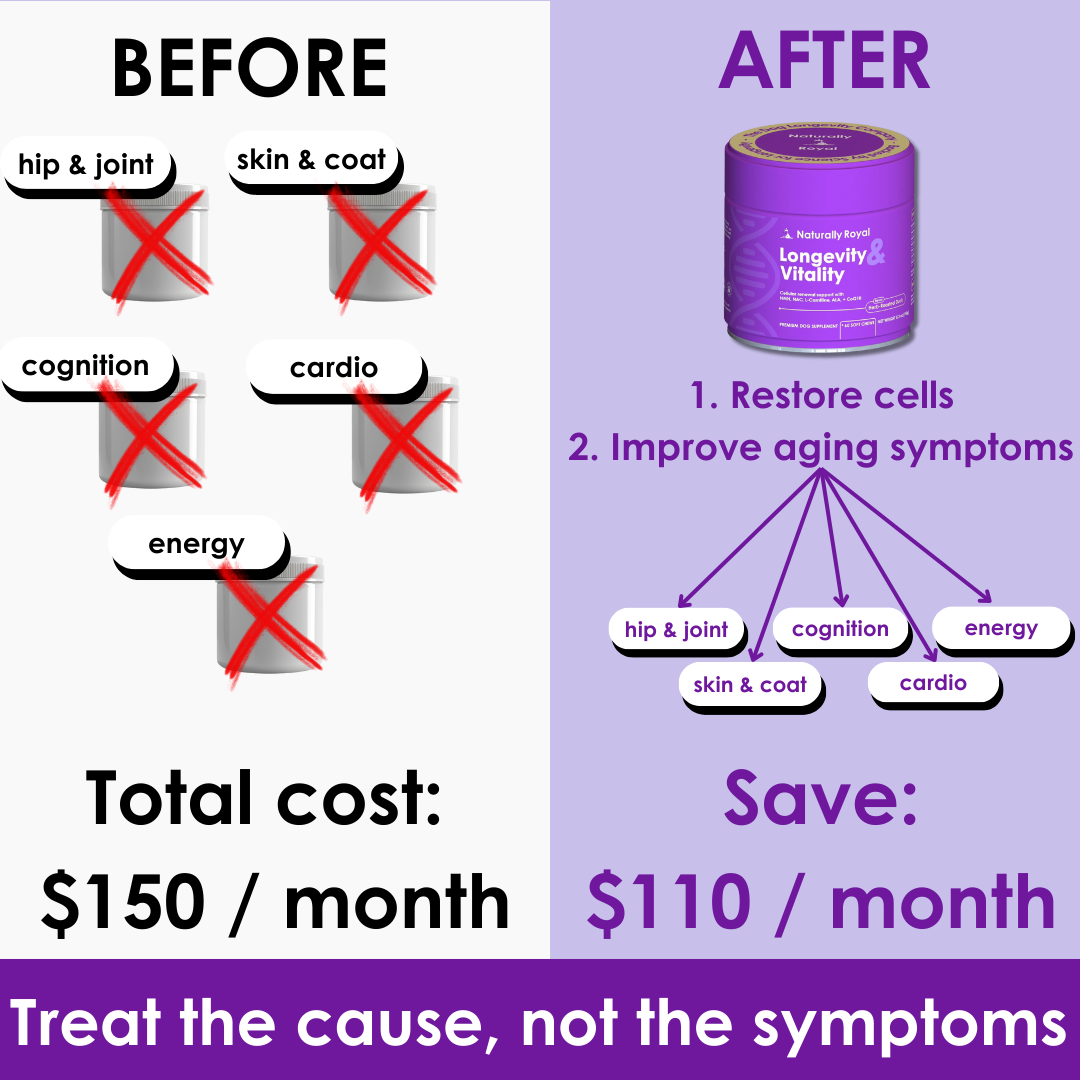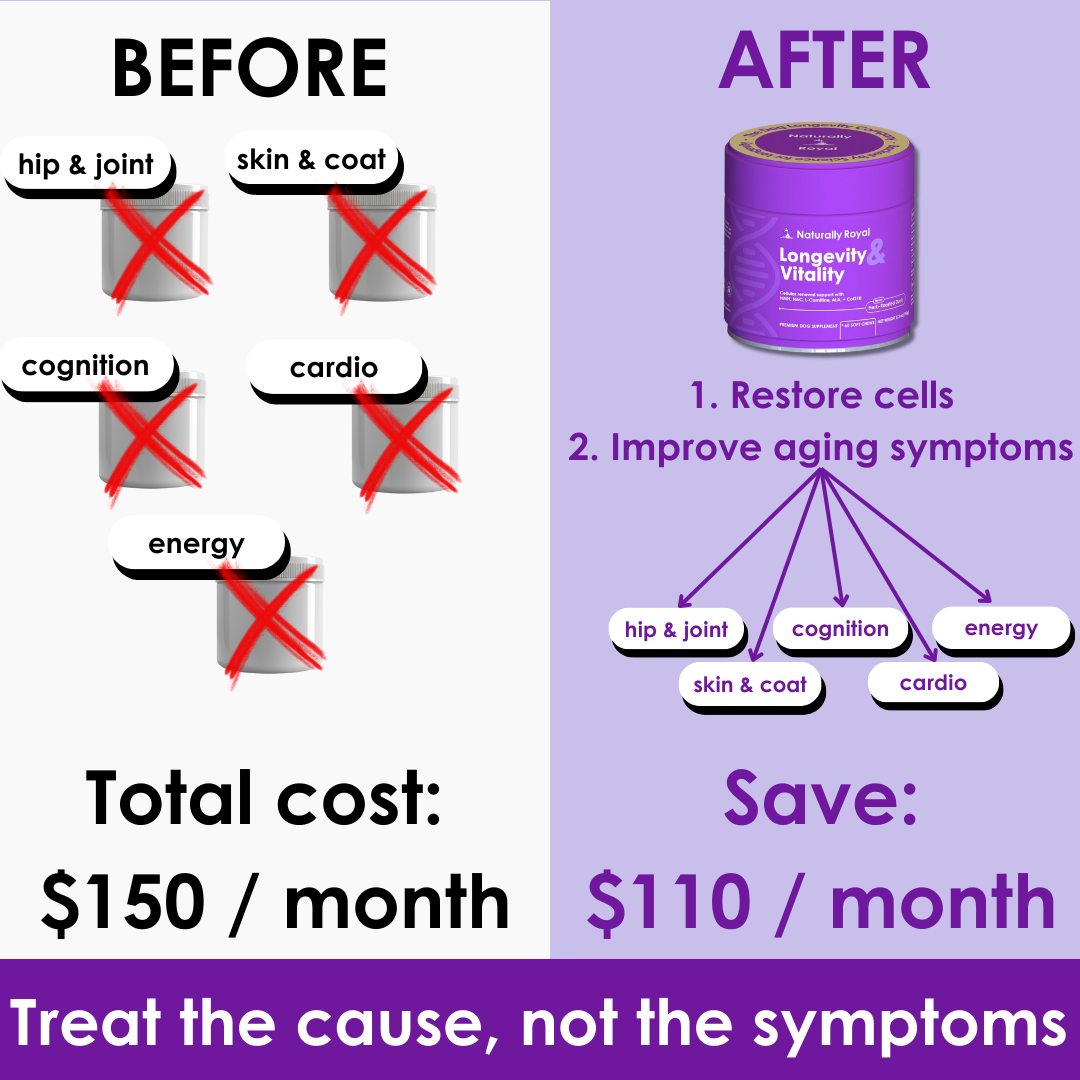What Does My Dog's Sleep Say About Their Health?
Understanding your dog's sleep patterns can provide valuable insights into their overall health and well-being. Just like humans, dogs need a good night's sleep for their physical and mental health. Changes in sleeping habits can be early indicators of health issues, making it crucial for dog parents to pay attention to how our dog’s sleep.
Normal Sleep Patterns in Dogs
Dogs sleep more than humans, typically 12-14 hours a day, depending on their age, breed, and activity levels. Puppies and older dogs may require even more sleep. Generally, dogs are flexible sleepers, able to adjust their sleeping patterns to their environment and routine. However, consistent, significant changes in sleep patterns can be a sign of underlying health issues.
Signs to Watch Out For
-
Excessive Sleeping: While it's normal for dogs to sleep a lot, too much sleep or a noticeable increase in lethargy could indicate health problems such as hypothyroidism, diabetes, or even depression.
-
Trouble Sleeping: Difficulty settling down for a restful sleep or waking up frequently during the night can be signs of discomfort or pain, often associated with conditions like arthritis or gastrointestinal issues.
-
Changes in Sleeping Positions: If a dog suddenly avoids lying down in their usual position or chooses a new sleeping position, it may be trying to alleviate discomfort. For instance, sleeping with an elevated head can be a sign of respiratory issues.
-
Restlessness or Nighttime Activity: Increased restlessness or activity during the night, such as pacing or whining, can be signs of Cognitive Dysfunction Syndrome (CDS) in older dogs, similar to dementia in humans. It can also indicate pain or discomfort.
The Impact of Sleep on Health and Longevity
Good quality sleep is essential for a dog's immune system, helping to fight off diseases and maintain overall health. Chronic sleep disturbances can lead to weakened immunity, making dogs more susceptible to infections and illnesses. Additionally, adequate rest is crucial for cognitive function, especially in senior dogs, where sleep quality can directly impact their cognitive health and longevity.
Promoting Healthy Sleep Habits
-
Comfortable Sleeping Environment: Ensure your dog has a comfortable, quiet place to sleep away from disturbances. Orthopedic beds can help older dogs or those with joint issues sleep more comfortably.
-
Regular Exercise: Daily physical activity helps dogs expend energy, which promotes better sleep. However, avoid overly strenuous exercise close to bedtime.
-
Routine: Establishing a consistent daily routine, including set times for meals, walks, and bedtime, can help regulate your dog's sleep patterns.
Monitoring your dog's sleep is an essential aspect of caring for their health and well-being. Changes in sleeping habits can be early indicators of health issues that, if addressed promptly, can significantly enhance your dog's quality of life and longevity.
























